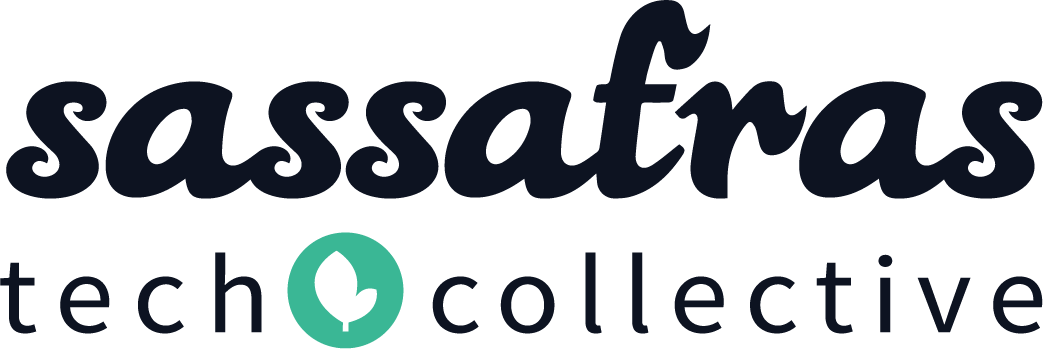Sharing our Guiding Documents: Basic Worker Expectations
September 10, 2020
We are sharing our guiding documents for anyone interested in learning more about Sassafras, co-ops, or both. These include our Bylaws, Code of Conduct, Cultural Values and Practices, Basic Worker Expectations, Harassment and Bullying Policy, and Conflict Resolution Policy. Below is our Basic Worker Expectations.
This document sets out basic day-to-day practices for all workers at Sassafras.
- Maintain a consistent schedule. Sassafras values both flexibility in work schedules and dependability. We are all expected to enter a regular weekly schedule in the Staff Schedules document. Changes to weekly schedules should occur infrequently, and should be announced to the full staff. The schedule should consist of fixed work hours for each day worked. All days worked should include core work hours of 11-3pm US Eastern Time. Start and end times can be expressed as ranges of up to 1 hour in length (e.g. “between 9-10am”) as long as the range doesn’t overlap with core hours.
- Check in. We are all expected to send brief messages to the #checkins Slack channel when starting and stopping work for the day, and when leaving for and returning from a break or other period of unavailability. The first checkin of the day should remind everyone of your schedule for the day and, if you can, what you might be working on. If you don’t work from the same place everyday, your message should also mention your location.
- Be available when at work. We are all expected to be available and responsive on Slack during our stated work hours unless 1) we have given notice of unavailability for a break, appointment, or a period of uninterrupted work or 2) we are in a meeting listed on our calendar. Breaks should be of reasonable duration. Availability also includes the ability to seamlessly transition to a video call, so reliable internet access, a good quality headset, and a quiet environment are essential. Periods of unavailability during business-related travel are acceptable as long as the plan is cleared in advance with affected team members.
- Remember to uplift each other. We are not expected to be positive all the time, but it helps us do this work together when we share gratitude and build each other up when able to. This can include greeting coworkers online, contributing messages to the #uplift channel, sharing non-work-related things in the #random channel, sharing work-related learnings with each other, and so on.
- Consider those not present. When oral conversations happen that may be of interest to those not present at the time, consider sharing a summary of the conversation in an appropriate venue on Slack. This helps maintain collective awareness of important (or fun!) matters and also creates a searchable record for future reference.
- Set yourself up for productivity. Sassafras work is often challenging and requires focus. While we can’t all be fully productive all the time for reasons beyond our control, we are all responsible for ensuring our work environment is free from distraction and encourages productivity and concentration.
- Keep track of your time. We are all expected to be meticulous in logging our time. Any time spent but not logged is a financial loss. Fairness, accuracy, and good documentation are also key to maintaining client trust. While daily time logging is preferred (to facilitate planning work), all time worked should be logged by the end of every week (technically Saturday 11:59) and the end of every month (for invoicing).
- Estimate. When undertaking any task, we are expected to be clear with ourselves and our team members on the amount of time we expect it to take, and when we expect to complete it. This goes for both internal and billable work. Estimating is difficult but crucial to our business. Being aware of estimates and time spent helps us avoid rabbit holes and unhappy clients.
- Follow and maintain procedures. We all continuously work to refine our standard operating procedures. They are among the greatest assets of our business. Because they may change often, we are all expected to consult them even for tasks we do frequently. Doing so ensures we don’t forget steps and are aware of any changes. Also be sure to suggest updates to procedures where they don’t work or don’t match current practice.
